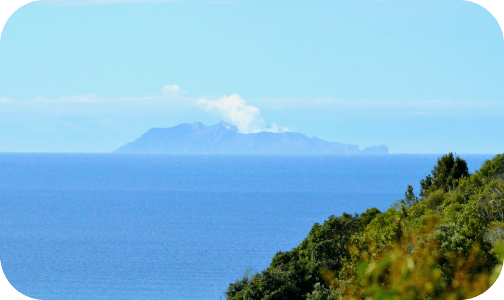Learn why New Zealand Government officials are preparing advice on removing the right for contractors to challenge their employment status.
Published 12 December 2023 | 2 min read
Health and safety management and mitigating risks
In the wake of the tragic Whakaari/White Island eruption, the legal aftermath has unfolded, shedding light on critical aspects of health and safety responsibilities. WorkSafe New Zealand brought charges against 13 parties, seeking accountability for the devastating event that claimed 22 lives in December 2019. The trial, which commenced on 11 July 2023, concluded on 21 September 2023, marking a pivotal moment in understanding the obligations under the Health and Safety at Work Act 2015 (HSWA).

